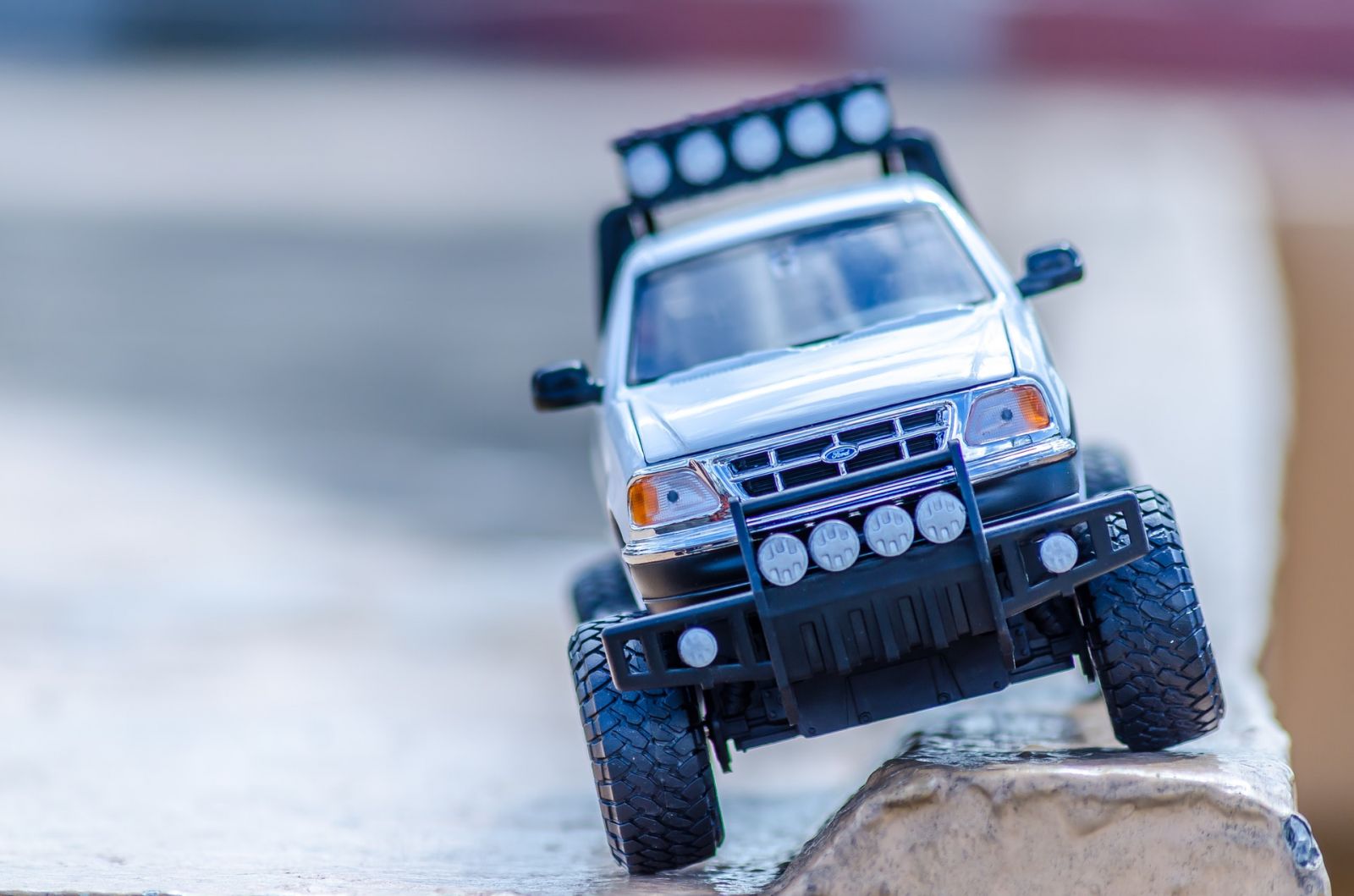
“Without trucks, Australia stops.”
The trucking industry is as essential as the goods they carry. When we top up our supplies from the supermarket shelves, when we fuel up our vehicles, when we wait for our latest online shopping haul, we have to remember that all these essential actions are possible because our workers from the logistical sector have been going above and beyond. In fact, they’ve had to carry even more responsibilities since. And when we say the trucking industry, we mean not just the drivers, but also the schedulers, loaders, forkies, logistics managers, mechanics, and all the other people. When we thank our essential workers, let’s not forget the trucking industry.
Unfortunately, despite the very important roles they fill in our lives, truckers usually work in increasingly precarious conditions. The demands of supermarkets and grocery stores rose, and there have been added mandatory isolation measures for everyone. This raised pressure for a lot of them, stretching their time on the road, and lessening contact with others in the moments they can snatch outside their trucks.
Jake Thompson, a driver for a small trucking company, experienced these challenges firsthand. In his adventures, documented in his and his partner’s Youtube channel, he showed how life has been for truckers during the pandemic. Back in mid-March, several truckers like Jake were greatly affected when the restaurants and dine-in services were banned.
In an article by the Sydney Morning Herald, Deputy Prime Minister Michael McCormack admitted that it was an "unintended consequence" of the ban. "We need them to be able to stop and have a shower, go to the toilet, get a takeaway meal, have a rest, have a break. I think that was one of the unintended consequences of the blanket ban on … dining-in facilities," he says.
Fortunately, coordination with industry bodies, relevant departments, and other federal ministers have made more nuanced regulations when it comes to closing restaurants and other dine-in facilities, especially for truckers. In this vein, how can we make sure Australia's truckers are getting taken care of?
There are more than 200,000 truck drivers in Australia. It is also the most common profession for men in the country. Unfortunately, a Monash University-led study supported by the truckers’ union and freight company Linfox found truck drivers were 13 times more likely to die at work than the average worker. This is mostly due to physical and psychological stress, as well as accidents. 17% of truckers’ workplace health claims came from road crashes. It doesn’t help either that their health is quite vulnerable, with a majority of them are reportedly smokers and over the age of 60.
Policymakers, company heads, local authorities need to coordinate closely to enact regulations to take better care of the truckers. Truck stops and redistribution centers should have better amenities to accommodate them, and trucks need to be unloaded quickly and with minimal driver contact. Furthermore, they should also have access to assistance, tools, and equipment to make their job easier, safer, and more efficient.
On our end here at Elinz, we have responded to the call to take better care of our truckers with our newest product — The Dual Twin Joint Reversing Camera. The dual lens reversing camera operates in two varying ways: The 120 Degree Angle provides a clear wide view so you can see any vehicles, person, or obstacle on your rearview while the 45-degree angle helps greatly in reversing so you can maneuver safely and easily. Its heavy-duty metal casing and IPwaterproof, mud-proof, and shock-resistant properties can withstand abuse and be exposed to the elements for an extended period.
What’s best about this reverse camera for trucks is its extremely useful features. The reversing camera is fitted with a microphone so the driver can hear someone at the back of the caravan giving instructions when reversing. Plus, its ultra enhanced night-vision provides maximum visibility — clear and crisp images — whatever time it is.
Let’s never forget the essential work our truckers and the driving industry provide. We have to ensure their safety, comfort, and needs are always met.

